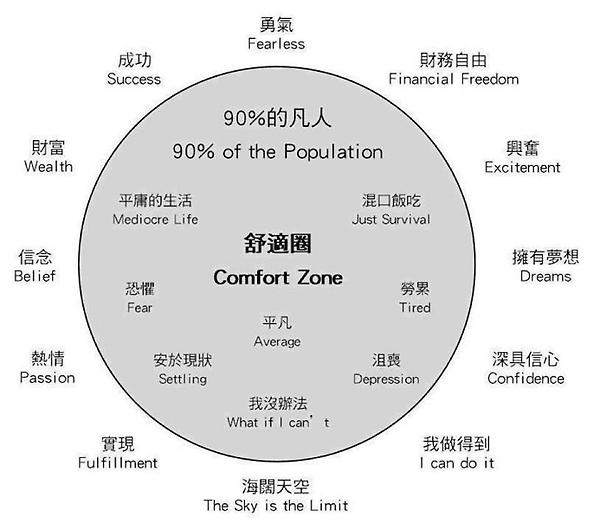The legend and romance surrounding the famed stock plunger Jessie Livermore has long held a fascination among traders. Livermore has become somewhat of a cult in recent years and there are several books that purport to reveal his secrets for making a fortune in the stock market. None of them can hold a candle to the book which Livermore himself commissioned (written by journalist Edwin LeFevre) entitled Reminiscences of a Stock Operator.
This book is essentially an autobiographical account of Livermore’s trading career as told to LeFevre. It chronicles his meteoric career starting with his early days as a small time operator in “bucket shops” and culminating with his heyday as a big Wall Street mover and shaker. Market students have for years combed this book hoping to find the “hidden secret” to Mr. Livermore’s successful career as a speculator but their efforts have largely been in vain. Livermore left no abiding set of rules for consistently beating the stock market. In fact, he himself fell victim to Mr. Market as he won and lost a fortune on more than one occasion. His life and career came to an inglorious end when he killed himself in the cloakroom of a Manhattan hotel at the age of 63.
The fact that Livermore was never able to crack the secret code of the stock market hasn’t stopped his legions of fans from their endless pursuit of the market’s “Holy Grail.” Had they listened to Mr. Livermore himself, however, they would realize that there is no Holy Grail when it comes to forecasting the stock market with consistent accuracy. (Tragically, Livermore himself seems to have forgotten his own advice on occasion). (more…)





 I ran across these rules for living, and thought they apply beautifully to the process of trading successfully. They are as follows:
I ran across these rules for living, and thought they apply beautifully to the process of trading successfully. They are as follows:


